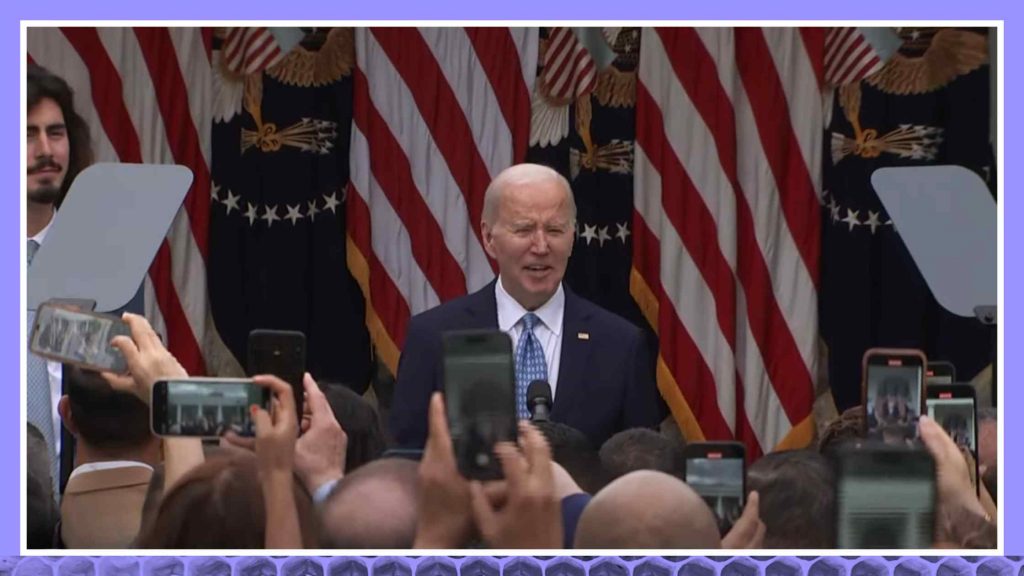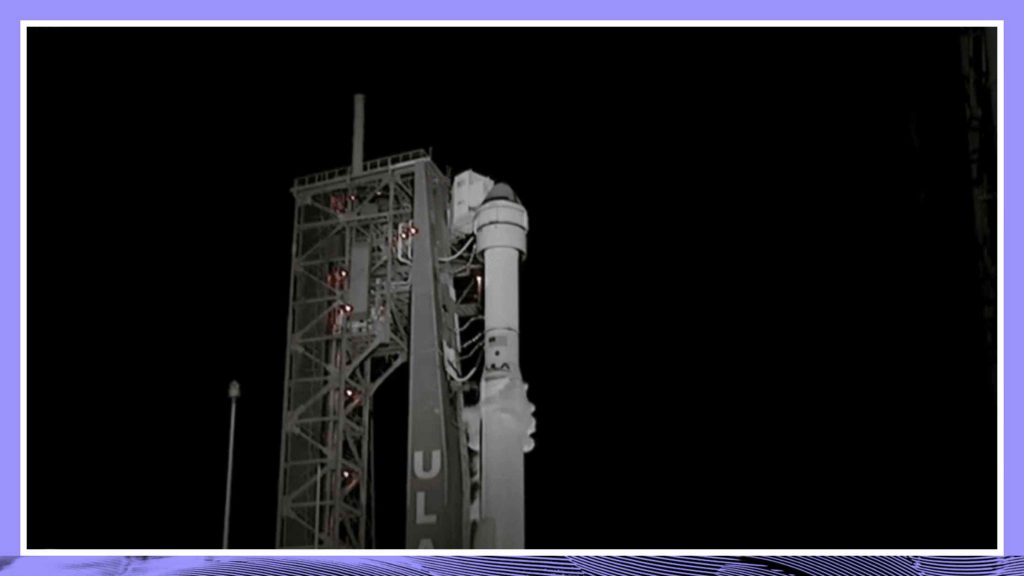Jan 2, 2024
Israel’s Supreme Court Strikes Down Controversial Change to Judiciary Transcript

In an unprecedented ruling, Israel’s Supreme Court has struck down a controversial change to the judiciary, a move that could reignite fierce tensions in the country. Read the transcript here.
Transcribe Your Own Content
Try Rev and save time transcribing, captioning, and subtitling.
Julia (00:00):
Now to some breaking news from Israel. The Supreme Court has struck down a controversial change to the judiciary, one that’s ignited deep divisions within the nation. Let’s get right to Elliot Gotkin in Tel Aviv for us now. Elliot, this refers specifically to a proposed amendment that would’ve stripped the Supreme Court of its ability to declare government decisions as unreasonable. It’s a fascinating ruling, flies in the face of efforts by Prime Minister Netanyahu. I think the big question here is will he stand by the Supreme Court’s ruling?
Elliot Gotkin (00:34):
Julia, that’s an open question. He has in the past, including to our very own Wolf Blitzer, avoided directly answering that question, but make no mistake, this is an unprecedented decision by the Supreme Court. Never before has it struck down a basic law or an amendment to a basic law, which is the closest thing that Israel has to a Constitution. And what Prime Minister Netanyahu’s government did is it came out with this judicial overhaul, which as you said, caused months of very deep divisions, hundreds of thousands of people on the streets protesting. At one point, he sacked his defense minister for suggesting that he pause this legislation and then quietly forgot that he’d sacked him. And of course, Defense Minister [inaudible 00:01:18] somewhat busy right now the war with Hamas. And so this is an incredibly significant decision. It was a very narrow ruling, eight to seven against the government.
(01:26)
And what Netanyahu wanted to do was, and what they did in fact do, because it’s a law that’s now been struck down. It did come into effect for a few months and it’s now been struck down. Netanyahu wanted to remove the Supreme Court’s ability to strike down government decisions on the grounds of reasonableness. And I’ll just give you one example that was very relevant at the beginning of this government’s tenure, which is its attempts to appoint a minister called [inaudible 00:01:50] who is from one of Netanyahu’s allies, [inaudible 00:01:56] party is in the governing coalition. Netanyahu wanted to make [inaudible 00:02:00] a minister, but he’s been convicted three times most recently for tax fraud. The Supreme Court said no, it’s unreasonable to make him a decision because of his convictions, and as a result, he wasn’t made a minister. So what this means in future now is that the Supreme Court will continue to have the power to strike down decisions such as those on the grounds of reasonableness.
(02:20)
It will be seen as a victory for opponents of Netanyahu and all those hundreds of thousands of people who are out on the streets week in, week out for months on end protesting against the government’s plans to weaken the Supreme Court. It will, of course, also be seen as a loss on the part of Netanyahu’s government’s supporters. We are not seeing any signs of protest right now. Of course, Israel is in the middle of that war with Hamas. And indeed, those divisions that this judicial overhaul created seemed to have been not forgotten, but certainly shunted to the side. Now, this decision could potentially threaten to reopen them. We’ve heard from the Justice Minister Yiv Levin, he was the architect of this judicial overhaul. He’s already assailed the timing of this decision, saying it’s the opposite of the unity that Israel needs right now. But Julia, just one note on that. The Supreme Court had no decision but to issue its ruling right now because two of the Supreme Court’s justices have to step down this month. Julia?
Julia (03:19):
It also could have profound implications for the war too, Elliot, because doesn’t it also pit members of the current war cabinet against each other too, based on their views on how this should have played out or shouldn’t play out?
Elliot Gotkin (03:34):
I think Julia, this war cabinet, and we’re in particular talking about one of the opposition leaders, Benny Gantz and his party, which is now in the war cabinet, the judicial overhaul is really not something that they are there to talk about or to discuss. It’s not even really been taught. It’s almost been forgotten, very bizarrely. It’s almost been forgotten as a result of this war and Hamas’ terrorist attacks of October the 7th. And so as a result, I don’t think it’s going to necessarily sow divisions in this war cabinet.
(04:02)
The country has generally been united in this war with Hamas in the wake of those attacks of October the 7th. And I think that the war cabinet will remain very much focused on the job at hand, which is to destroy Hamas militarily and to get the hundred plus hostages still being held in captivity by Hamas and other groups inside the Gaza Strip for some 80 days now to get them all back home. Yes, this is a controversial issue, this judicial overhaul. Yes, the Supreme Court ruling is also controversial, but I think the war cabinet in particular will remain very much focused because this war, certainly from Israel’s perspective, is more important than this judicial overhaul. Julia?
Julia (04:42):
Yes. A message in there I think for the Prime Minister too, perhaps now’s not the time. Elliot Gotkin, thank you for that report there.
Transcribe Your Own Content
Try Rev and save time transcribing, captioning, and subtitling.






